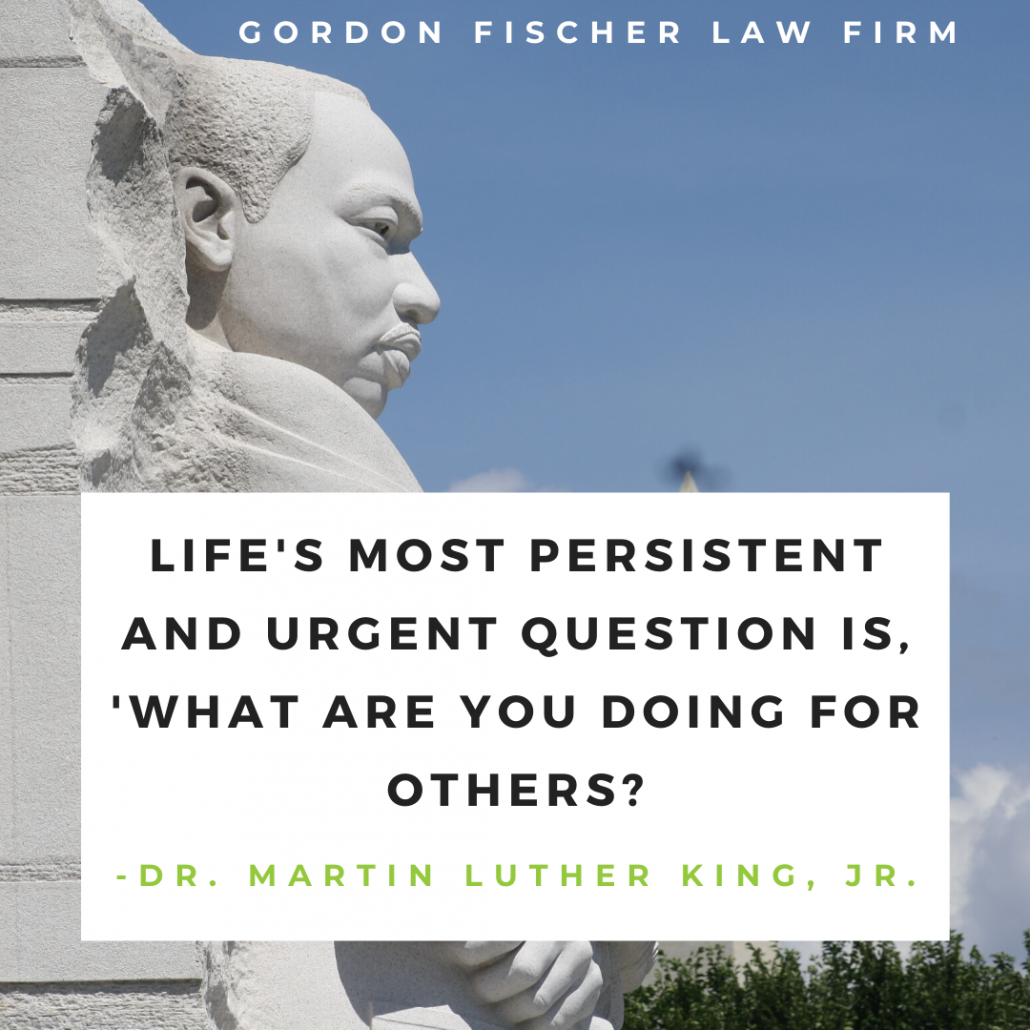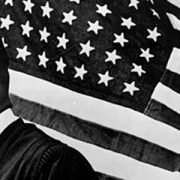Today we celebrate Dr. Martin Luther King, Jr. and his passion, constancy, and determination in making America live up to its professed ideals and fulfill “the promise that all men, yes, black men as well as white men, would be guaranteed the unalienable rights of life, liberty, and the pursuit of happiness.” His powerful impact belies the brevity of his life—a public career that lasted just a dozen years, from the Montgomery, Alabama, bus boycott in 1956 to the sanitation workers’ strike in the Memphis, Tennessee where he was assassinated in 1968 at the age of 39.

When we think of Dr. King, it’s often of his tireless campaign for racial justice, but that is shortchanging his all-encompassing vision for a better America involving poverty, health, and women’s rights. The social justice reforms he championed and his commitment to nonviolent direct action in order to achieve them led to his receiving the Nobel Peace Prize in 1964. Notably, he donated the entirety of his award — $54,123—to the civil rights movement.
I see Dr. King’s examples of generosity and commitment to the betterment of our world being practiced every day by Iowans who support the nonprofit organizations in their communities through charitable giving. Many ensure their support will continue after even after death, by creating estate plans that include legacies for their favorite charities.
Leaving a legacy is one of the most important things we can do in life because it enables us to carry our influence, our values, and our convictions into the future. Our lives may not have the kind of profound historical impact of Dr. King’s, but our individual legacies are no less consequential to the people we love and the organizations whose missions we care about. What will your legacy be?
What will your legacy be? Don’t hesitate to contact me for a free charitable giving consultation. As Dr. King said: “The time is always right to do what is right.”









